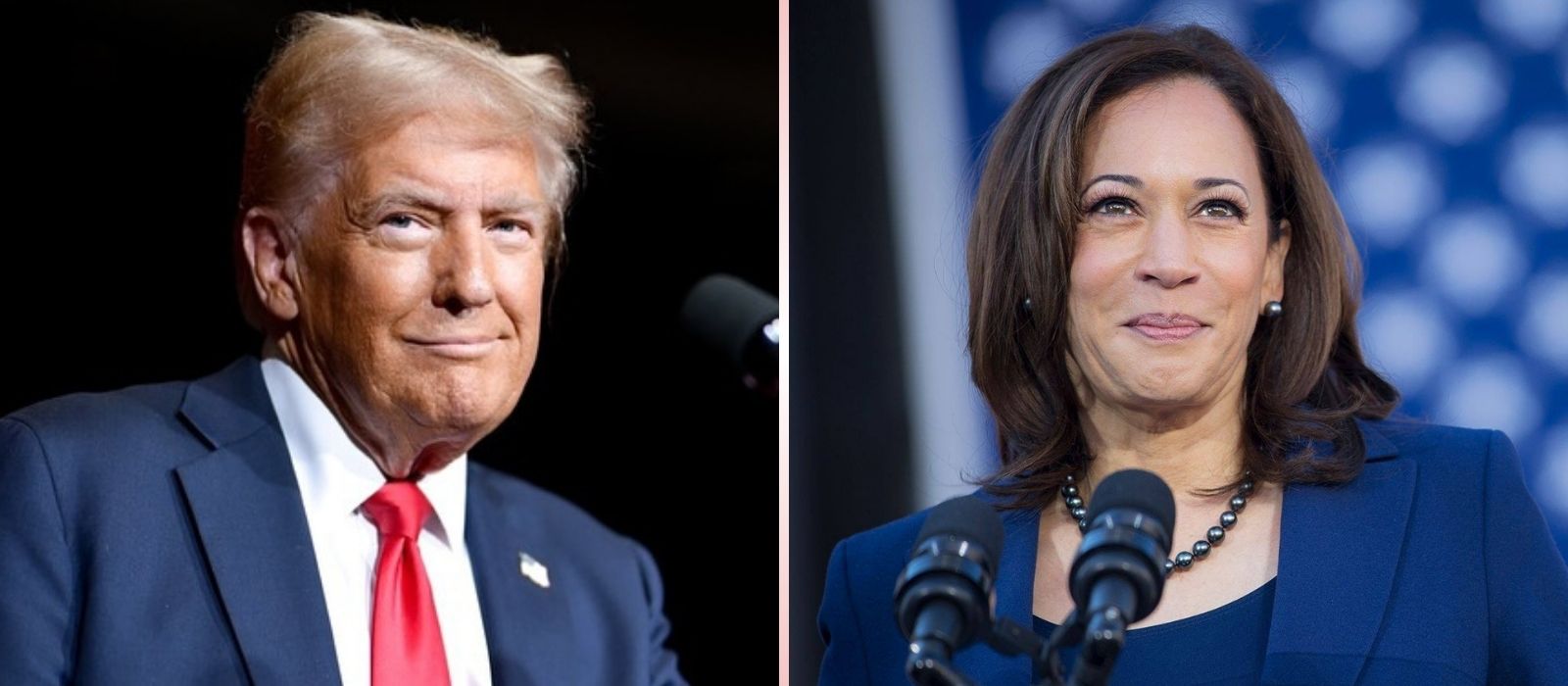
As the U.S. presidential election draws near, with just a few weeks left before Americans head to the polls, two candidates are emerging as the front runners to succeed President Joe Biden. Former President Donald Trump, representing the Republican Party, and Vice President Kamala Harris, the Democratic candidate, are vying for the world’s most powerful position.
Both candidates are poised to make history. If Donald Trump wins, he would become the first former U.S. president to return to the White House after being defeated in 2020 by President Biden. On the other hand, if Kamala Harris emerges victorious, she would become the first female U.S. president.
Africa is closely watching the U.S. election this time, given the potential political and economic implications for the continent. In a recent survey conducted by My Afrika Magazine, Africans across various countries were asked which African nation might be the first to host the next U.S. president. The results revealed intriguing insights.
During his first term in office, Donald Trump did not visit any African countries, opting to focus his foreign trips elsewhere. In contrast, Kamala Harris has already made diplomatic visits to the continent, notably to Ghana and other West African nations in her role as Vice President.
According to the survey, 48% of respondents believe that South Africa will be the first African country visited by the next U.S. president. South Africa and the United States share a strong partnership, particularly in areas such as health, education, environmental issues, and the digital economy. As the country marks 30 years since the end of apartheid, it remains a significant player in regional and global politics.
However, South Africa’s relationship with the U.S. is not without its challenges. The country has openly criticized America’s stance on human rights and democracy, particularly regarding the Israeli-Palestinian conflict. As a “non-aligned” nation, South Africa has strengthened its ties with U.S. rivals such as Russia, China, Iran, and India, all members of the BRICS alliance. Despite this, should either Trump or Harris visit South Africa, they might tour iconic sites such as Kruger National Park, Table Mountain, the Drakensberg, and Robben Island.
Kenya ranked second in the My Afrika Magazine poll. The East African nation has long enjoyed strong ties with the U.S., both politically and economically. Kenya’s vibrant tourism sector, along with its strategic role in regional peacekeeping, makes it an appealing destination for a U.S. presidential visit. Additionally, the fact that Kenya is the ancestral homeland of former U.S. President Barack Obama could make it a sentimental choice.
In third place is Egypt, which has maintained robust economic and political ties with the U.S. since Franklin D. Roosevelt became the first sitting U.S. president to visit the country in 1945. With ongoing tensions in the Middle East, Egypt’s role as a mediator is crucial, making it a strategic partner for the U.S.
Botswana, a nation known for its rich diamond resources, ranked fourth. Recently, the country made global headlines for the discovery of one of the world’s largest diamonds. Botswana’s thriving tourism industry, particularly its wildlife sector, is also a draw for international visitors. According to Botswana’s Ministry of Tourism, the country saw over 1.18 million international tourists in 2023.
Finally, Zimbabwe and Zambia tied for fifth place in the survey. These two neighboring countries share the world-renowned Victoria Falls, one of the Seven Natural Wonders of the World. In 2018, Zimbabwean President Emmerson Mnangagwa famously invited Donald Trump to visit Victoria Falls during a meeting in Davos. Although the offer was initially met with humor, it remains to be seen if Trump would consider visiting the region should he win the election.
As the U.S. election approaches, African nations are eagerly watching to see who will lead the world’s largest economy and whether the next president will prioritize strengthening ties with the continent.


